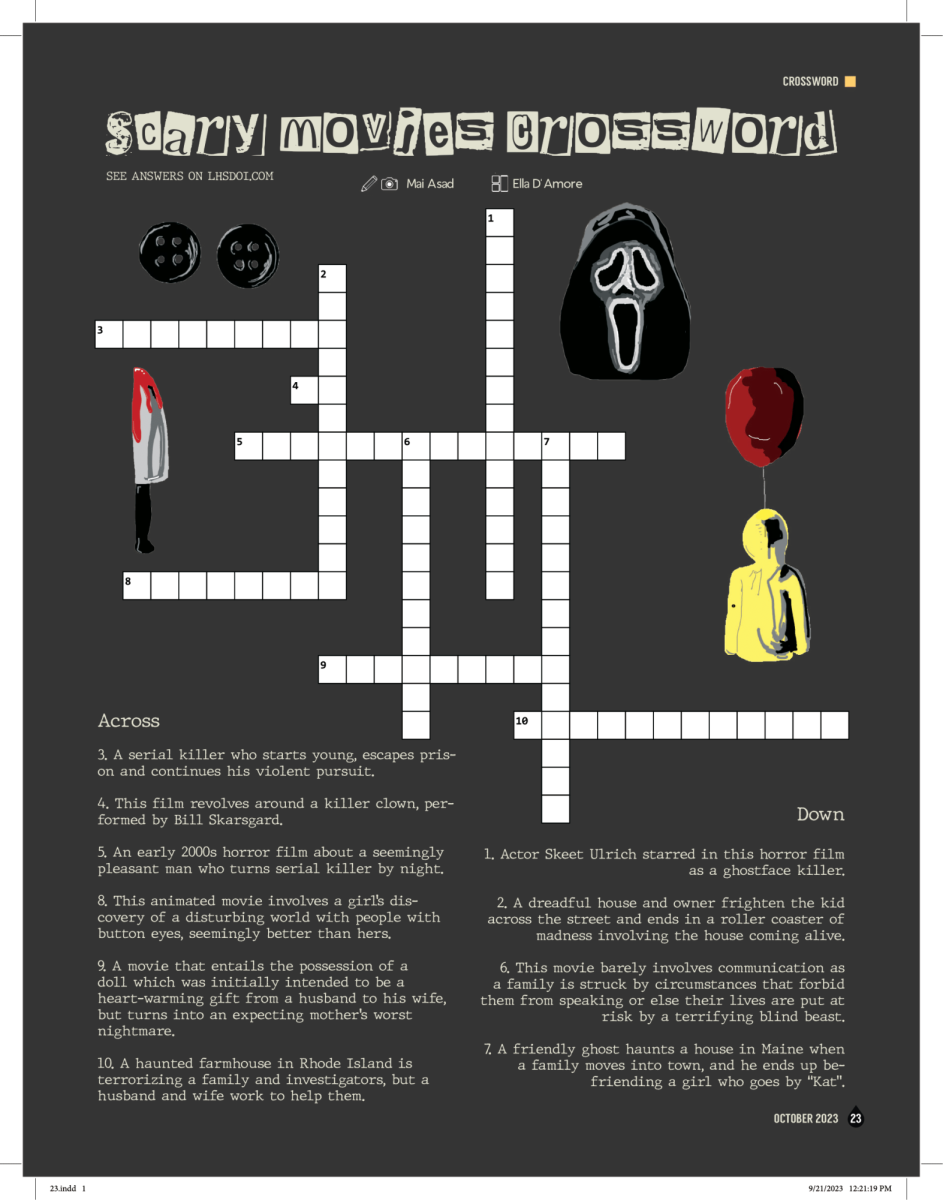As posted on the ABCNews.com health blog in May, “More than 20 million Americans meditate regularly, according to the 2007 National Health Interview Survey. More than 13 million do yoga… As with meditation, studies find that regularly doing downward dogs and warrior poses can help manage stress and anxiety. There’s even some evidence that yoga can help fight cancer-related fatigue, manage high-blood pressure and ease chronic pain, especially joint pain.”
Surely so many people wouldn’t chase after a mere placebo effect, but why yoga and meditation? Evidence is increasingly pointing to the maintenance of mental health, stress-reduction, and relaxation (all leading to sharper mental acuity and better physical health) as the direct by-products of mindful practice.
Benefits of Bending
For thousands of years, yoga has been a spiritual practice to harmonize the mind and body and offer a peaceful way to increase strength, flexibility, and longevity. Sources show, however, that so much of its good comes not just from improved muscle tone but from positive mental tone. According to the Mayo Clinic, the international medical care, education, and research center, “A number of studies have shown that yoga can help reduce stress and anxiety. It can also enhance your mood and overall sense of well-being.”
Because of the hectic nature of modern life, chronic stress symptoms are almost an epidemic. With constant accessibility and stimulation, very few people have time they can just call their own. Many diseases afflicting the average person are borne of personal disregard in favor of doing more. That said, reducing stress can improve health in itself. The traditional method of stress reduction is just relaxation, but increasingly, yoga is considered an equal, if not better, means of diminishing anxiety and furthering mental health. According to a 2007 study by the University of South Australia School of Health Services, “Yoga was more effective than relaxation in improving mental health [and]… Yoga appears to provide a comparable improvement in stress, anxiety and health status compared to relaxation.”
Libertyville High School students are among those who could benefit from yoga’s ability to improve mental health and reduce stress. Mrs. Julie Lyons, the LHS Yoga Club advisor, commented that “high school students find the need to take a break in their busy schedules in order to slow down, relax and meditate. Yoga provides just that: a chance to focus on one’s own well-being.”
One member of Yoga Club, sophomore Reena Christy, believes that yoga is specifically beneficial for focus not being on the mind, but on the body: “It’s because you’re focusing on your body and trying to make it better instead of putting all the stress on school, and everything else… It is a blast, and it will make you so calm, and you don’t even need to worry about anything, you come to yoga and just let everything go.”
People who might worry about having to participate in, or infringing upon, a religious practice, should not. Yoga has been secularized for much of the Western world and is no longer an esoteric tradition only associated with Eastern religions. Those who study the movements, such as various Libertyville athletic teams, often do so in order to exert more mental control over the body.
Cross country is one of the sports that is incorporating yoga on a semi-regular basis, as it is especially beneficial for runner health. According to a post on the personal fitness website, FitDay.com, “Yoga helps loosen and lengthen all the muscles of the body, to reverse the muscle tightness caused by running, and to make your body more flexible and stable. Yoga helps align the muscles and bones, so that your body functions more efficiently, you experience less stiffness and you’re at a lower risk for injury.”
Mr. Benjamin Zollo, the assistant boys cross country coach, said, “I think with an endurance sport, it’s good practicing putting your body under a lot of different stresses… So this gives us a different kind of mentality where when you’re running, particularly if there are hills, your calves get sore, your lungs get tired. Here it’s a whole boatload of other kinds of pain you can feel in yoga that mentally you’ve got to overcome. So I don’t know necessarily about relaxation. I think it teaches them how to get in a certain mindset, how to focus, how to mentally prepare for something that’s difficult, which is so important in running – to be in that mental mindset because usually you’re able to run a lot harder and farther than you ever want to, so getting over that hurdle where your mind is telling you stop and you keep going. That’s what makes you a special runner and a quality racer. And so yoga kind of helps with that, making your mindset a little more sturdy, a little more strong.”
Boys and girls cross country are among a number of LHS sports newly implementing yoga practice to ensure a productive ‘rest’ day. Dr. Marina Scott, Libertyville High School principal and certified yoga instructor, having brought yoga practice to many school organizations said, “One of the teachers came up to me the other day, I saw him in the hall after yoga practice, and he was like, ‘I still have yoga brain,’ which I think what he meant was, I still feel relaxed, I feel like I’m able to rejuvenate, kind of. And when you think of what our lives are like, they’re packed, they’re hectic, and that moment of space and relaxation is really helpful for all of us.”
For cross country, Mr. Zollo also shared that, “You know, with yoga, you don’t get a ton of aerobic – working the lungs. But if you do it really right (Coach Mark [Buesing] is great at leading them), you can get a different kind of aerobic workout from there. But it’s really that low stress on the joints, high stress on the muscles. And a different way to work it in. You know, if you can confuse your muscles and mix in a variety of workouts, that’s a good way to train.”
One of the few things Mr. Zollo thinks could benefit the boys cross country team’s yoga practice would be some different instruction. He stated, “We’d love to have some Dr. Scott-led yoga because she is quite the yoga instructor. It would be awesome.”
Merely Mindful?
The Yoga Journal’s Andrew Tilin says it all: “…meditation is heralded by secular, spiritual, and scientific communities alike as unimpeachably good for you.”
Meditation is so beneficial because it encourages focus on a mantra, or sacred phrase, that allows the rest of life to fall away. It is often incorporated into yoga simply as mindfulness. In her book, Alcohol and Other Drugs: Self Responsibility, Dr. Ruth Engs states, “Regardless of their origin, all the meditative techniques have at least two phases. The first is to quiet the body, and the second is to quiet the mind… Meditation is often considered the process of trying to eliminate the chatter of the mind — the constant thinking, planning, and fantasizing — which occupies the conscious state of the mind every waking moment. As arousal is reduced, so is anxiety. Self transcendence, or an altered state, is then achieved. Most meditators find they feel creative, positive, calm, and energetic after meditation.”
The positive aspects of meditative tradition are not espoused solely by obscure and isolated researchers. It’s mainstream enough that the Mayo Clinic is an advocate of the relaxation technique, offering, “Spending even a few minutes in meditation can restore your calm and inner peace… you focus your attention and eliminate the stream of jumbled thoughts that may be crowding your mind and causing stress. This process results in enhanced physical and emotional well-being… when you meditate, you clear away the information overload that builds up every day and contributes to your stress.”
WebMD.com even offers meditation as an authenticated anxiety cure: “Researchers say both studies showed that meditation was comparable to other forms of relaxation therapy in reducing anxiety overall.”
Is yoga or meditation practice right for you?
Probably. With many different styles of both meditation and yoga, people with any amount of time, physical fitness, interest or capacity are able to find what fits their needs, expectations and abilities. When looking into a mindful practice, be sure to consider the credibility of the method, instructor or source, and remember that you can always stop if you feel uncomfortable.
For LHS staff who can make Dr. Scott’s 6 A.M. yoga practices on Fridays but don’t because of the hour, bite the bullet and get up early. The simple act of waking up and relaxing through low-stress activity is enough to keep the participant awake, but calm for the rest of the day. If you’re a student, consider using a similar strategy to start the day. Namaste.








